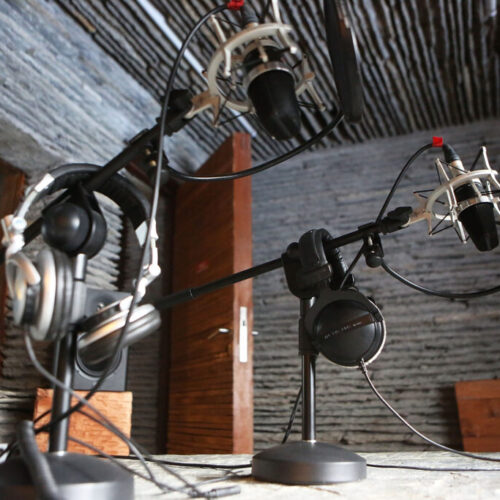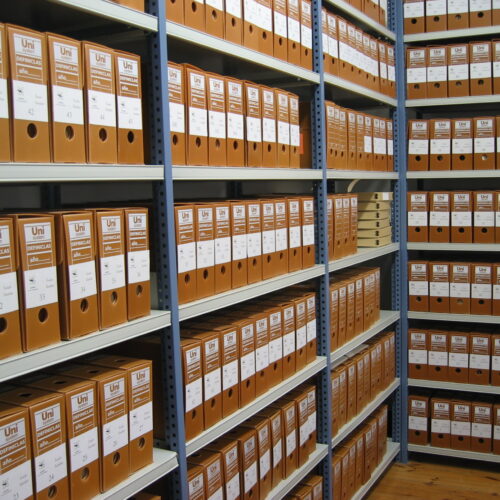
South Africa’s attempt to switch from analogue to digital television has encountered another significant setback. A South Africa High Court has suspended the 31 March deadline for the analogue signal switch-off, and the country’s communications regulator has revealed that many government-subsidised set-top boxes (STBs) are faulty.
Most of the STBs were produced in 2015 and are malfunctioning, as highlighted in the Independent Communications Authority of South Africa’s (Icasa) findings on digital migration regulations. The regulator also pointed out that the slow rollout of STBs and several operational issues are delaying the transition. Key challenges include Post Office closures, an ineffective online registration system, and low public awareness about where to register for decoders.
Icasa has also raised concerns about the technical issues with the STBs, which are exacerbated by the lack of software updates. Many 2015 models are outdated and may no longer meet current technological standards. Additionally, the legal definition of indigent households, which determines eligibility for subsidised STBs, has changed. The new threshold of $354 per month for household income excludes many who previously qualified under the $191 limit.
The rollout has also encountered issues with poor reception in various areas, making households hesitant to adopt digital television. Furthermore, non-subsidised STBs are difficult to find for those who do not qualify for government support.
This digital migration project has been in progress for nearly two decades, but delays have plagued it. The latest legal challenge came from eMedia, Media Monitoring Africa, and the SOS Coalition, who successfully blocked the deadline. The Northern Gauteng High Court ruled in their favour, highlighting the potential harm to the public if analogue signals were switched off prematurely.
This delay adds to nearly 20 missed deadlines, leaving the future of South Africa’s digital television transition uncertain.










